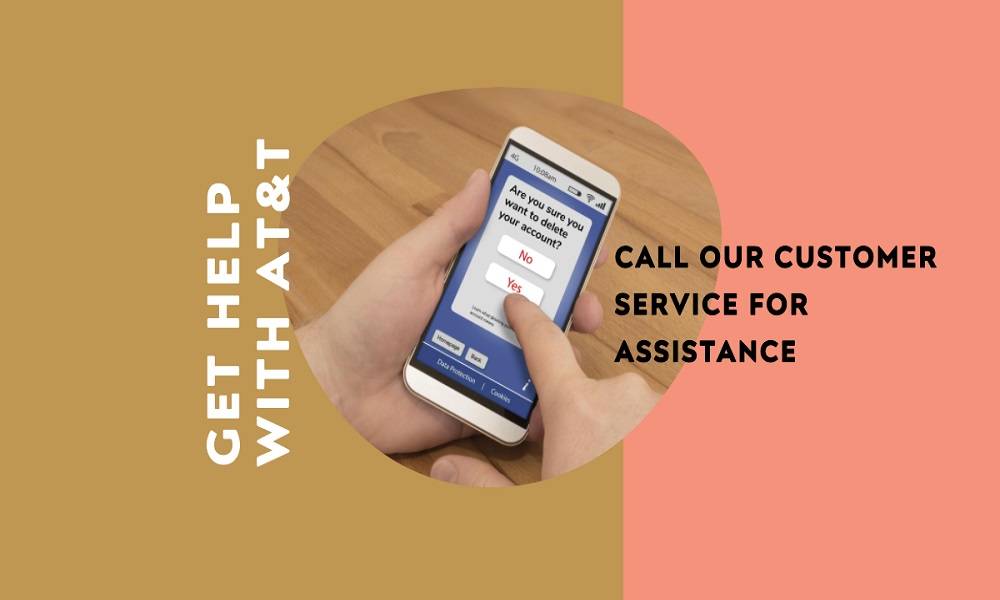What Is a Health Information System (HIS) and It’s Benefits?

Are you looking to make your business seamless and more profitable? If you’re in the healthcare industry, you might find great use in a health information system.
In essence, these systems are designed to make everyone’s life easier in the industry, starting with patients and ending with policymakers.
In this article, we will cover everything you need to know about HIS. So that you can decide if you would like to integrate one into your business.
Whenever you’re ready to upgrade your technology systems, keep reading and get your notes ready.
What Is a Health Information System (HIS)?
A health information system is a system that has been developed to manage and monitor healthcare information. This includes any software or tools that store, manage, collect and transmit electronic medical records of the patient. But it also covers a system that supports healthcare policy decisions and operational management of a clinic/hospital.
HIS also covers systems that handle data that is pertinent to the activities of a health organization or provider. As an implemented feature, the systems can be used to leverage patient success, policy-making, research, and decision-making.
Because health information systems usually process, access, and maintain greater quantities of personal information, security is the driving concern in it.
Examples of Health Information Systems
HIS can be used by anyone in the healthcare industry, starting with public health officials and ending with patients. They compile and collect data in a way that is essential to modern healthcare.
Some examples of this system are but not limited to:
Electronic Health/Medical Records
The two terms are replaceable. The electronic health record replaces the traditional rendition of paper for medical history. This type of health information system has test results, health data, treatments, and much more.
It’s also very possible to share this data with other health records so that other providers can access the entirety or part of the healthcare data for the patient.
Practice Management Software
This type of software assists healthcare providers maintains and manage their operational activities, such as billing and scheduling. Healthcare providers from hospitals to small practices, use these systems to automate the daunting and tedious tasks.
Master Patient Index
This type of health information system connects patient records over the global database. The index has records for each client that is authorized under a healthcare organization, it also indexes all of their records.
These systems are used to remove duplicate records for patients and inaccurate patient information, which can lead to claim denial.
Patient Access Portals
These systems allow patients and clients to access their health information, such as medications, appointments, lab results, and much more.
Some portals allow direct communication with their doctors, appointment scheduling, and prescription refill requests.
Remote Patient Monitoring
Remote patient monitoring allows health monitors to deliver patient data to healthcare specialists. It monitors blood glucose, blood pressure, and other chronic conditions.
The data can be used to determine if a medical event requires intervention and it can assist in getting better outcomes in clinical trials or studies.
Clinical Decision Support
These systems assess data from various sources to help healthcare specialists make clinical decisions. The data can predict medical events and manage diagnoses.
The tools filter information and data to help doctors care for their patients.
The Benefits of HIS
Health information systems are designed for data management and healthcare target efficiency. But what are the primary drivers and benefits of having such systems in place?
There are but not limited to:
Collaborative Care
Patients will often need treatment from various doctors and specialists. Health information systems allow healthcare specialists from various facilities to access common records.
Cost Control
Using a digital network to transmit data creates cost savings and efficiency. When regional markets use systems to transmit data, providers will see cost reductions. On smaller scales, hospitals can also benefit from this improved efficiency.
Data Analytics
Healthcare produces data daily regularly. Systems can help compile, gather and assess health data to manage healthcare costs and population health.
Healthcare data analysis can further improve patient outcomes and health success.
Population Health Management
Health information systems can gather patient information, manage and assess to identify trends on a global scale. The technology also does this in reverse. Decision systems can use large-scale data to diagnose individual clients and help treat them.
The Best Practices for HIS
Security and privacy is the most important concern of any health information system. All networks are vulnerable to some extent. Healthcare specialists are prime targets for cybercrime.
To ensure your risk is reduced, you should probably get a health information system risk assessment to ensure your tools are secure.
The Health Insurance Portability and Accountability Act manages and legislates the security of individual information in healthcare. To help systems remain secure, companies must:
- Encrypt
- Back-up
- Monitor
- Train
- Insure
- Authenticate
- Access vulnerability of vendors
All of this is pertinent to data. Besides security, it’s important to focus on the needs of patients. Using HIS to improve patient access and increase convenience is critical. Consumers expect a great customer experience and user interface from their history with retail systems.
The clinical staff is your best resource for decisions about health information systems. Top-down decisions do not lead to successful technology implementations. Involve everybody in the process to decide how he can be used for the process of improving healthcare, as well as which techniques are best for it.
Healthcare Forward
Now that you know what a health information system is and how it can improve the healthcare industry from the inside out, you are that much closer to ensuring your practice is top-notch.
Not only will you improve your own experience by automating the unnecessary tasks, but you will also improve the user experience by offering more of yourself and technology to help them heal.
If you’re interested in learning more about the healthcare industry, check out some of the related articles on our sidebar.











